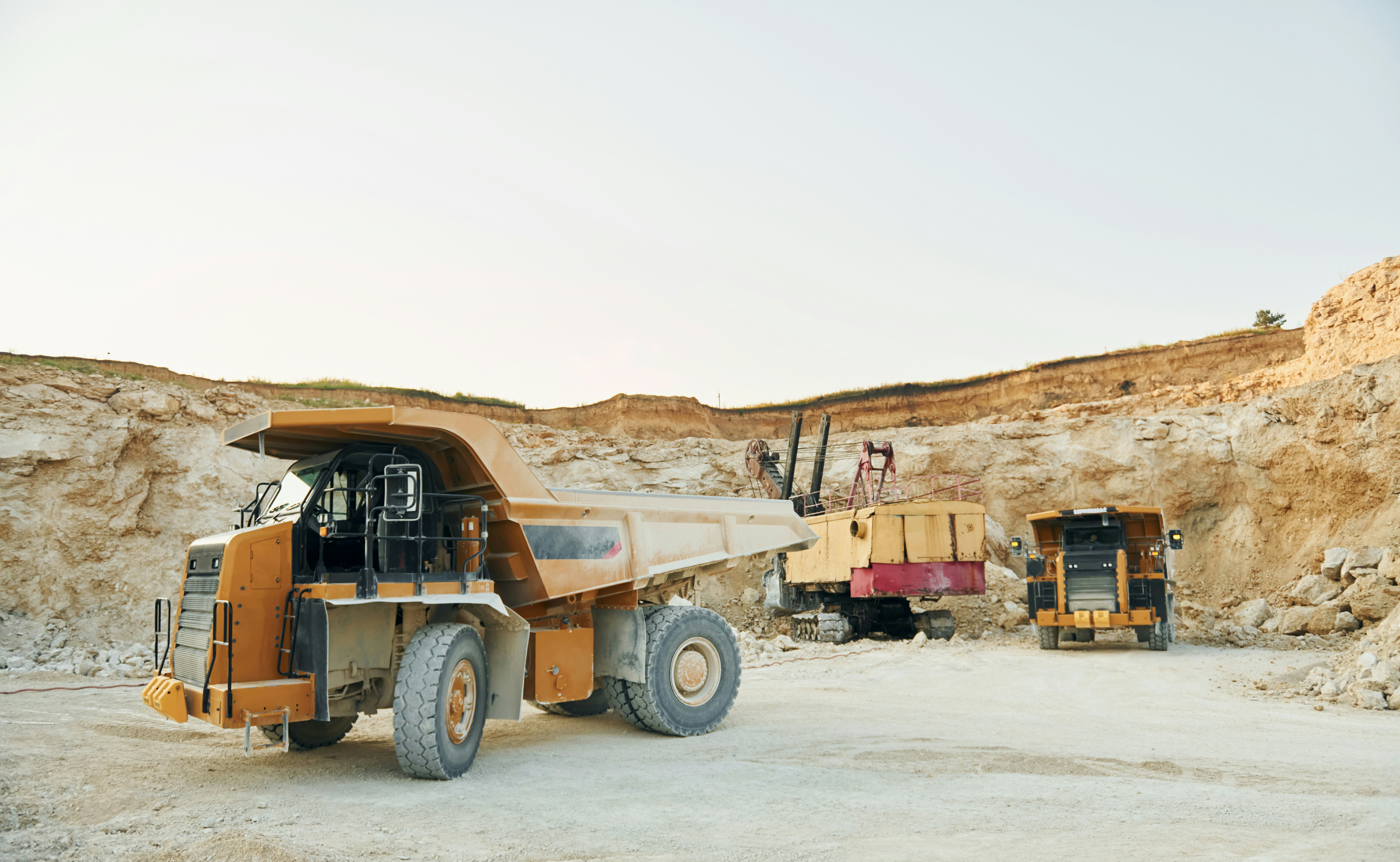
Mining has been a cornerstone of human civilization for centuries, fueling industrial growth and technological advancement. Yet, as the world faces increasing environmental challenges and social demands, the mining industry must rethink its role in a rapidly changing global landscape. This shift requires innovation, responsibility, and collaboration to balance economic needs with environmental stewardship and social justice.
The Environmental Impact of Traditional Mining Practices
Traditional mining methods have long been associated with significant environmental degradation. Open-pit mining, underground operations, and extensive excavation disrupt ecosystems, pollute waterways, and contribute to deforestation. Moreover, using chemicals such as cyanide and mercury in mineral extraction often leads to toxic contamination, threatening biodiversity and local communities. Environmental damage remains a critical concern despite regulatory efforts, highlighting the urgent need for alternative approaches.
Furthermore, mining activities contribute substantially to greenhouse gas emissions. Heavy machinery consumes large amounts of fossil fuels, while the processing of ores releases carbon dioxide and other pollutants. As countries worldwide commit to reducing their carbon footprints, the mining sector faces pressure to adopt cleaner energy sources and improve operational efficiency. Addressing these environmental impacts is no longer optional but essential for the industry’s viability.
Embracing Technological Innovation in Mining
Advancements in technology present promising opportunities to transform mining into a more sustainable industry. Automation and remote-controlled equipment reduce human risk and increase precision, minimizing unnecessary environmental disruption. Additionally, innovations in mineral processing enable more efficient extraction, reducing waste and energy consumption. For instance, bioleaching uses microorganisms to recover metals, offering an eco-friendly alternative to traditional chemical methods.
Digital technologies such as artificial intelligence and big data analytics also play a crucial role in optimizing mining operations. These tools reduce exploratory drilling and limit land disturbance by predicting geological formations and improving resource management. Moreover, real-time monitoring of environmental parameters helps companies detect and address pollution early, preventing long-term damage. The integration of these technologies represents a critical step toward more responsible mining practices.
Social Responsibility and Community Engagement
Mining projects often occur in regions inhabited by indigenous peoples and local communities, making social responsibility a vital component of modern mining. Historically, mining has led to displacement, loss of livelihoods, and conflicts, eroding trust between companies and stakeholders. Mining firms must engage communities transparently and respect their rights, cultures, and aspirations to build lasting relationships.
Moreover, ensuring fair economic benefits for local populations is essential to fostering social equity. Employment opportunities, infrastructure development, and social investment programs can help communities thrive alongside mining operations. Companies prioritizing inclusive growth tend to experience fewer disruptions and stronger stakeholder support. This shift toward community-centered mining reflects a growing awareness of the industry’s social impact and the importance of ethical conduct.
Regulatory Evolution and International Cooperation
As global awareness of mining’s impacts grows, governments and international bodies update regulatory frameworks to enforce sustainability and accountability. Stricter environmental standards, mandatory reporting, and penalties for non-compliance are becoming the norm. These measures incentivize companies to improve practices and align with global climate and human rights goals.
At the same time, international cooperation is vital to address mining challenges that transcend borders. Multilateral agreements promote sharing best practices, technological innovations, and capacity building among nations. Responsible sourcing initiatives and certifications help consumers identify ethically mined products, encouraging transparency across supply chains. Such collaborative efforts reshape mining governance and drive collective progress toward a sustainable future.
The Role of Circular Economy in Mining
Rethinking mining also involves considering the life cycle of minerals and promoting resource efficiency. The concept of a circular economy, which emphasizes reuse, recycling, and waste reduction, is gaining traction in the mining sector. By recovering valuable metals from electronic waste and industrial by-products, companies can reduce dependence on virgin mineral extraction and lessen environmental burdens.
Implementing circular economy principles requires innovation in recycling technologies and changes in product design to facilitate material recovery. Moreover, it calls for cooperation between manufacturers, consumers, and recyclers to close material loops. This approach conserves natural resources and offers economic advantages by stabilizing supply and reducing costs. As the global demand for critical minerals rises, circular strategies will be essential to meeting sustainability goals.
Challenges and the Path Forward
Despite the progress in sustainable mining practices, numerous challenges remain. High upfront costs for new technologies and infrastructure can deter investment, especially in developing countries with weak regulatory enforcement. Additionally, balancing short-term economic interests with long-term environmental and social considerations requires strong stakeholder leadership and commitment.
Nevertheless, the path forward involves embracing innovation, collaboration, and transparency. Mining companies must invest in research and development, cultivate partnerships with communities and governments, and communicate openly about their environmental and social impacts. Policymakers should support this transition by creating enabling environments and incentivizing responsible practices. Ultimately, rethinking global mining means redefining success to include financial returns, sustainable development, and shared prosperity.
Global mining stands at a pivotal moment where rethinking traditional methods and mindsets is critical. By addressing environmental concerns, leveraging technology, engaging communities, adhering to evolving regulations, and adopting circular economy principles, the industry can transform itself into a force for sustainable progress. This holistic approach ensures mining continues contributing to global development while protecting the planet and empowering people for future generations.